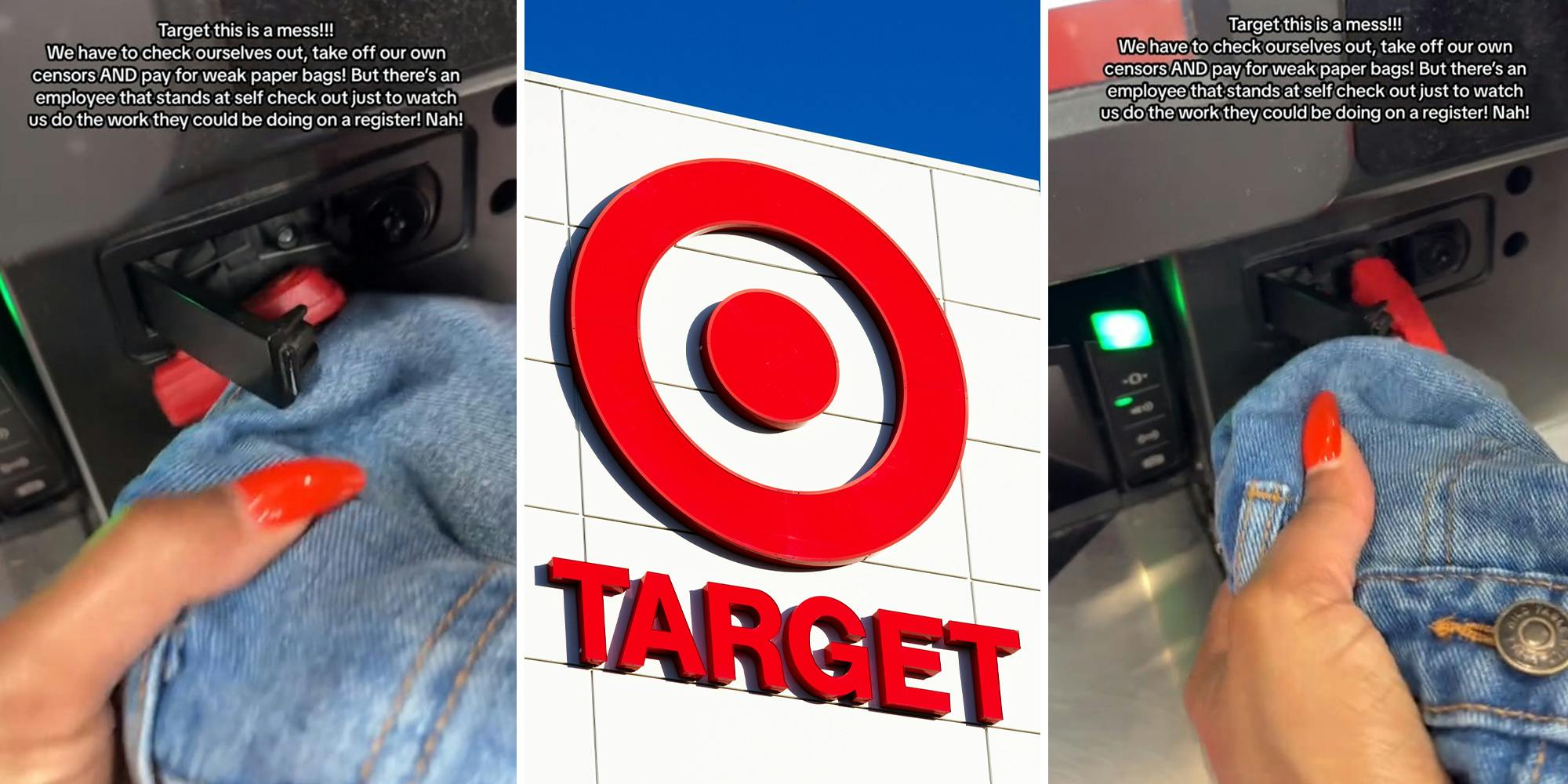In a shocking revelation that has stirred the retail industry, a clever scheme at a Target store in San Francisco has spotlighted the vulnerabilities of self-checkout systems. Aziza Graves, a 43-year-old woman, was recently convicted of pilfering more than $60,000 worth of goods through a sophisticated self-checkout scam, as announced by the San Francisco District Attorney.

The crime spree, spanning from October 2020 to November 2021 at the Stonestown Galleria Target, involved Graves selecting items off the shelves, only to manipulate the self-checkout process. She cleverly scanned the items but then tricked the system into charging her merely a fraction of the actual prices using minimal cash—sometimes just a single coin or bill. This act of deception not only highlights a significant breach but also underscores the growing challenges retailers face with self-service technologies.
The Investigation and Arrest: A Coordinated Effort
The San Francisco District Attorneys’ Investigative Bureau, together with the San Francisco Police Department’s Burglary Unit, played a crucial role in bringing Graves’ operation to a halt. They tracked her movements post-theft, documenting her actions as she sold the stolen merchandise at UN Plaza, both to retailers familiar with purchasing stolen goods and unsuspecting passersby.

This case stands as a stark example of the organized crime affecting businesses, not just in San Francisco but potentially anywhere self-checkout systems are deployed without adequate safeguards. “Retail theft continues to have a major impact on our businesses, from small family-run shops to large chains like Target,” stated District Attorney Brooke Jenkins. This conviction is part of a broader initiative to clamp down on retail theft, which has seen a significant uptick in cities across the country.
The Self-Checkout Scam: How Aziza Graves Stole $60K from Target Stores. https://t.co/3k7th3JGsu via @YouTube pic.twitter.com/dUqrlJQ1yc
— Nefertiti Girl Podcast 2023 (@NefertitiGirl20) May 10, 2024
Target Self-Checkout Scam Sparks Security Reevaluation
The implications of this case extend far beyond the immediate legal consequences for Graves, who is facing over three years in state prison with sentencing scheduled for May 24. It raises important questions about the security of self-checkout systems and the measures retailers must adopt to safeguard against such fraud. The incident has already sparked discussions among loss prevention professionals about the need for improved surveillance and technology enhancements at self-checkout stations.

Moreover, the case has resonated with city officials and law enforcement agencies, prompting a reassessment of strategies to combat retail theft. In response to rising concerns, San Francisco received a substantial $17 million grant from California’s Organized Retail Theft Grant Program in September 2023, aimed at bolstering efforts to investigate and prosecute such crimes.
The Broader Impact on the Retail Industry
The verdict in the Graves case is a clear message to potential offenders and serves as a deterrent, emphasizing that the community and law enforcement will not tolerate exploitation of retail systems. As retail theft continues to evolve, so must the strategies to combat it. This incident not only highlights the vulnerabilities inherent in self-service technologies but also the broader social and economic impacts of retail crime.
As retailers nationwide grapple with similar challenges, the story of Aziza Graves serves as a cautionary tale and a call to action for enhanced security measures in the era of self-service shopping. The retail industry, law enforcement, and technology providers must collaborate more closely than ever to design systems that are not only user-friendly but also secure against such exploitation.


